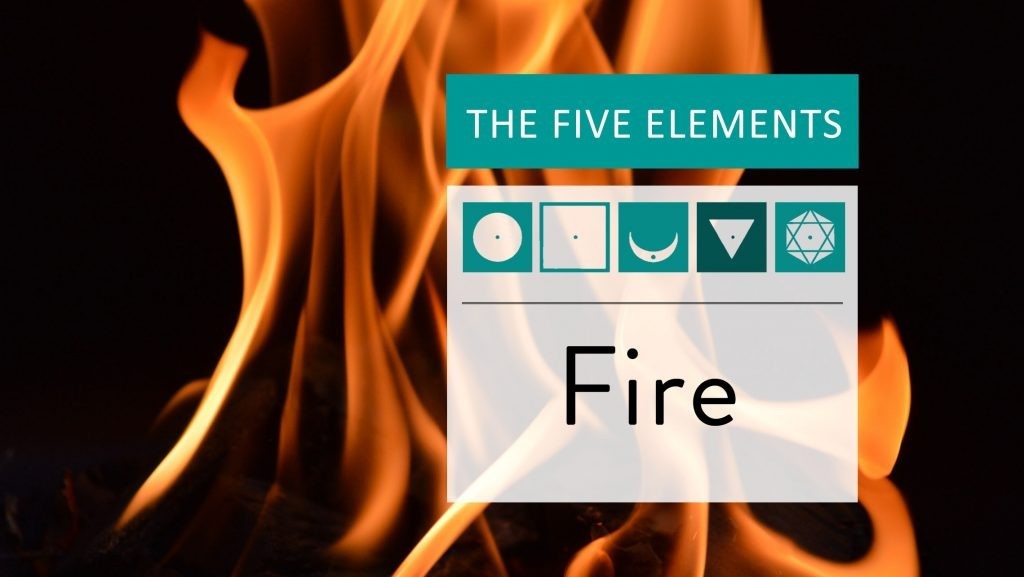
Fire Element (Agni)
Agni Tattva – The element of fire
From Hinduism to the Shamanism of South America, and from Egypt to Ancient Greece, fire holds the same significance and is the main focus in many sacraments and ceremonial acts. It was a key factor in the evolution of man and at the same time, being in the middle of the five elements, it is considered the connecting link between the material and the immaterial world, or "the energy that carries the message to the skies".
The term “combustion” is used to describe any chemical reaction that releases heat and light. In that sense, fire is a symbol of transformation and change, as well as action, energy and heat. It is not a specific state of matter, but it refers to that stage where matter turns into something else.
From the moment we draw our first breath, our body starts an uninterrupted process of combustion reactions. Through the process of cellular respiration, our cells use oxygen to break down glucose and turn it into energy, among other things. This continuous burning is what gives us the necessary energy to move, breath, generate brain synapses and in general, perform all the activities that sustain a living organism.
Fire is also responsible for the digestion and absorption that takes place at the emotional and intellectual level. How do we assimilate out life experiences? How do we process and absorb information? It is also our passion, confidence and sense of self-worth, dynamism and discipline. It is our ability to 'burn' and transform anything old or unnecessary, and through this “sacrifice” bring renewal and rebirth. A process of cleansing and purification. Fire can initially be considered a force of destruction, but if used well, it is this very quality that in the end makes fire a catalyst for change, progress and evolution.